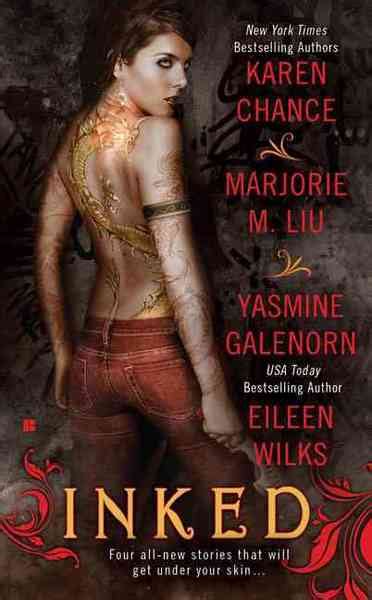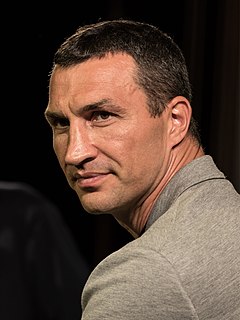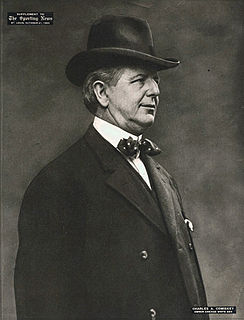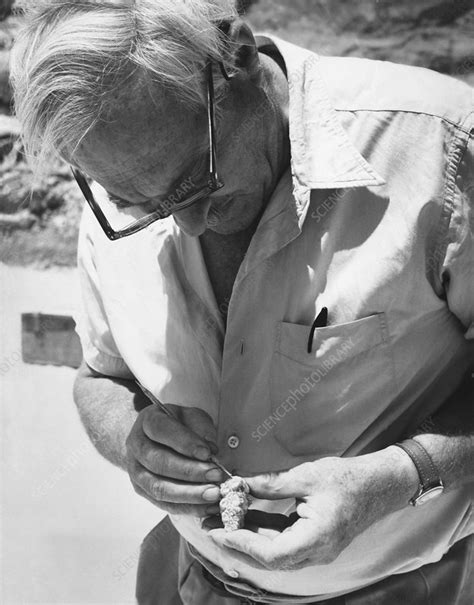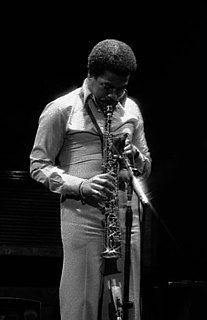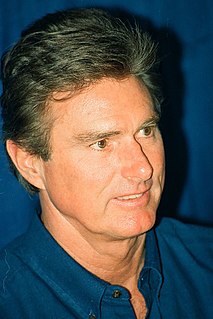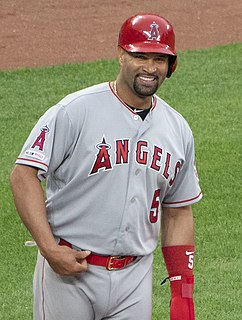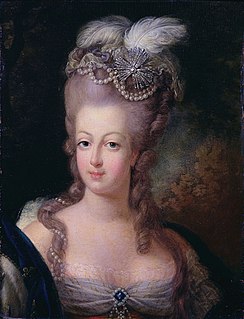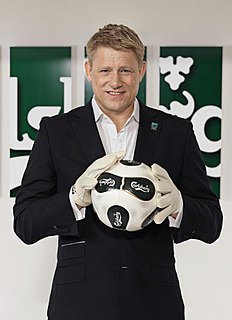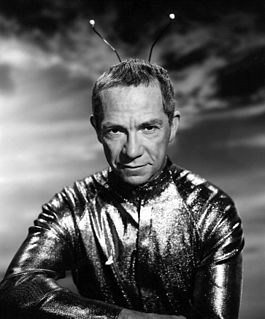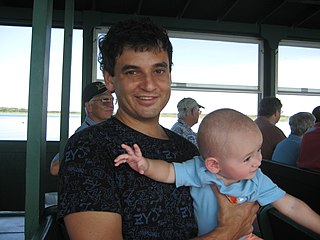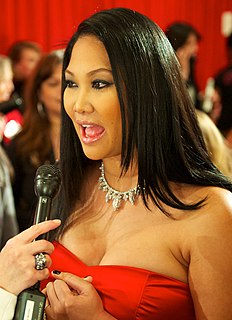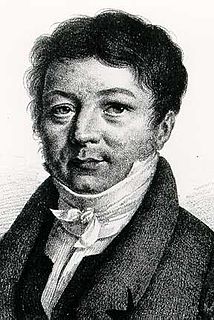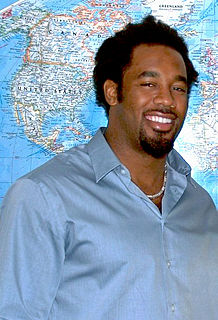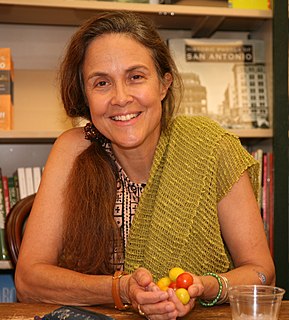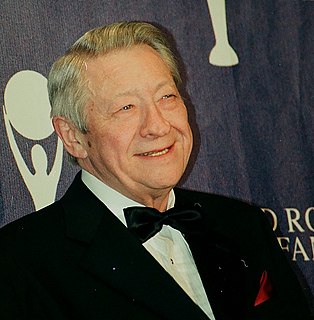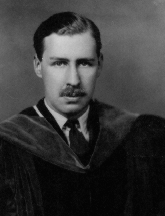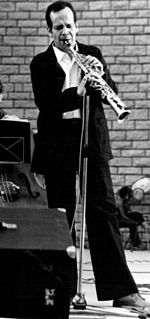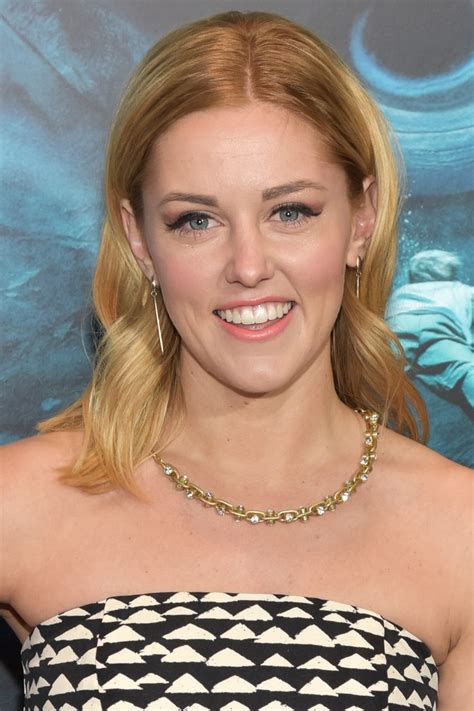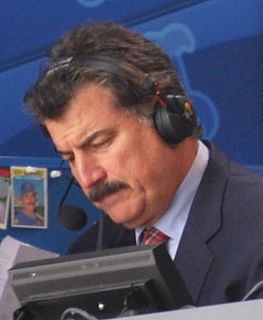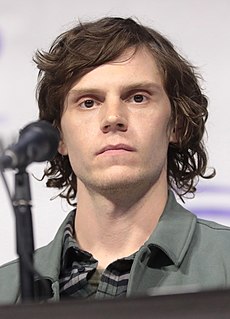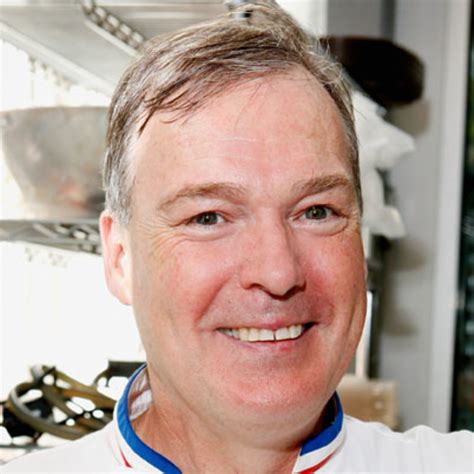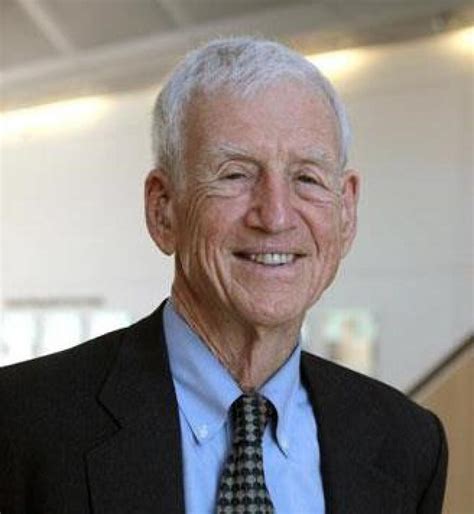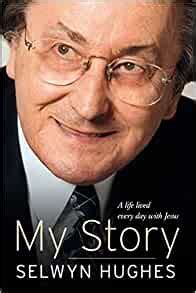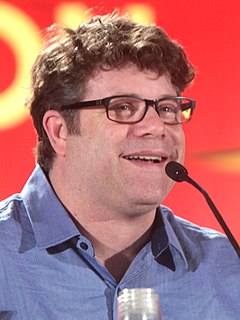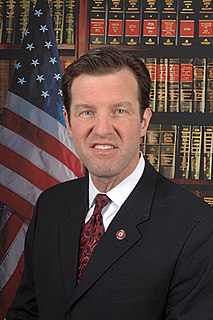Top 751 Louis Vuitton Quotes & Sayings - Page 11
Explore popular Louis Vuitton quotes.
Last updated on November 12, 2024.
The best argument for teaching poetry is to put a three-year-old or a four-year-old and read Dr. Seuss, or Robert Louis Stevenson, and to feel how the child and you are engaging in something that's really basic to the animal, which is passing on in these rhythmic ways, something that came from somewhere.
I glanced at Radu. "What, exactly is Louis-Cesare's problem?'. [..] Suddenly a speculative gleam lit his eyes. It made me nervous. 'He tends to be very protective of women,"he said thoughtfully. "You're a woman Dory." "Thank you for pointing that out. But I didn't think dhampirs qualified." Radu smirked. "It appears you've been upgraded.
All the champions - you go and ask Mike Tyson or Joe Louis, Rocky Marciano, Lennox Lewis and myself included, and I'm sorry for putting myself in line with all the other great names - but the champion's attitude is it doesn't matter who is in front of me, I am going to conquer this person and win the fight and knock the person out.
I'd say that [Louis] Brandeis practiced a kind of a "living originalism," to use the title of Jack Balkin's great book. He said you start with the paradigm case, which in the case of the Fourth Amendment was these general warrants or writs of assistance, but you define it at a level of abstraction that you can take it into our age and make it our own.
There's a steady forward march of a creative process that some of us stay with and don't give up - that should be an admirable thing - from Louis Armstrong to Charlie Parker to Miles to Ornette and some people who are not even known today - some kids coming up - people who are out to change the world.
As a kid growing up St. Louis, Missouri, I lived in a predominantly black neighborhood. Any time people talked about slavery, it was always something like, 'If I was a slave, I wouldn't have been putting up with that. I would have been out in a heartbeat.' And it's like, sure, it's a very easy thing to say.
St. Louis is still a special place for me. I still have my home there. I live there in the offseason. I enjoyed playing in front of 40,000 people every day. I tried to do my best to help the organization win. I had success there. We won two World Series. We went to three. That's something you can't take from me.
The big clubs will always talk about the same names such as Ancelotti, Mourinho, and Wenger. Louis Van Gaal is always in there as well. He has his own style and is a very determined man. He knows exactly what he wants. He's got direction, the ability and experience at big clubs such as Barcelona and Bayern Munich.
And he [Louis Brandeis] talks to his young acolyte, Horace Kallen, who wrote this beautiful book called Cultural Pluralism, and he comes to believe that by being better Jews, or better members of our ethnic group, we can be better Americans, because America is like an orchestra in which identity is defined by the diversity of perspectives that we bring to the table.
In the words of Louis Brandeis, the Supreme Court justice, we have a choice between a democracy or vast concentrations of wealth. We have vast concentrations of wealth which has bought its way into our democracy with its political leaders who exemplify the merger of that economic and political elite.
When you look at every studio in the '20s or '30s, from Louis B. Mayer to Jack Warner, you see people who started with one plan and quickly shifted gears to adapt to a changing world. One of my favorite stories is that Walt Disney mortgaged his house to make 'Snow White.' He saw there was a real opportunity to change the world.
Yes, I live a crazy, exciting, whatever life, but I do think it's quite relatable because it has to be - I'm just a girl from St Louis, Missouri that has lived life like anyone else. There are things that are crazy and over the top, but the basic thread is my family, my career, trying to live and pursuing my dreams.
Every one is fond of comparing himself to something great and grandiose, as Louis XIV likened himself to the sun, and others have had like similes. I am more humble. I am a mere street scavenger (chiffonier) of science. With my hook in my hand and my basket on my back, I go about the streets of science, collecting what I find.
I grew up in St. Louis in a tiny house full of large music - Mahalia Jackson and Marian Anderson singing majestically on the stereo, my German-American mother fingering 'The Lost Chord' on the piano as golden light sank through trees, my Palestinian father trilling in Arabic in the shower each dawn.
I forget what the official name of it was, but they did an all-day of roots music - every kind of music you can imagine from around the country - New Orleans Jazz to Indian flute players, R&B, you name it. I met and became good friends with (blues guitar player) Joe Louis Walker. He was on the show.
There are circumstances of peculiar difficulty and danger, where a mediocrity of talent is the most fatal quantum that a man can possibly possess. Had Charles the First and Louis the Sixteenth been more wise or more weak, more firm or more yielding, in either case they had both of them saved their heads.
Even 51 per cent of a nation can establish a totalitarian and dictatorial règime, suppress minorities, and still remain democratic; there is, as we have said, little doubt that the American Congress and the French Chambre have a power over their respective nations which would rouse the envy of a Louis XIV or a George III were they alive today.
IN ANSWER TO THE QUESTION: WHAT SCENES ONE WOULD LIKE TO HAVE FILMED Shakespeare in the part of the King's Ghost. The beheading of Louis the Sixteenth, the drums drowning his speech on the scaffold. Herman Melville at breakfast, feeling a sardine to his cat. Poe's wedding. Lewis Carroll's picnics. The Russians leaving Alaska, delighted with the deal. Shot of a seal applauding.
Writers of historical fiction are often faced with a problem: if they include real-life people, how do they ensure that their make-believe world isn't dwarfed by truth? The question loomed large as I began reading 'The Black Tower', Louis Bayard's third foray into historical fiction and fifth novel overall.
Unlike [Woodrow] Wilson, Louis Brandeis did not support the segregation of the federal government. He was personally courteous to African Americans. He advised them and advised the head of Howard University to create a good law school. And that inspired Charles Hamilton Houston and Thurgood Marshall in their path-breaking work on behalf of desegregation.
[Jack Nash] was very different than anything I'd played. In fact, there's a scene I have in a tent with Louis Ferreira, who just did an episode of Travelers. He was in the fourth episode of Travelers playing another team leader, and we really have it out, not unlike the way we did in the tent in Andromeda.
I remember going foraging for breakfast in St. Louis once. I saw this one girl sitting in front of the venue, and she made this pink T-shirt with a big heart in the middle of it and a misty picture of our guitarist Mark [Potter]. She was so embarrassed when she saw me. And I was trying desperately not to laugh.
I grew up in the Great Depression, and the jazz artists and Dixieland musicians were at the core of our communications and enjoyment. They were not passing fancies. They are something that is, and will be, listened to again and again. I have a space of reverence for some of those old jazz stars such as Sydney Bechet and Louis Armstrong.
I feel good about the fact that I finally found something I love. I never lived in one place for very long - that's the way my whole life has been. I was always packing and moving around, staying in Canada, Kentucky, Jersey, St. Louis - it all helped because I was always learning new accents, experiencing different environments.
It is self-evident that St. Louis affected me more deeply than any other environment has ever done. I feel that there is something in having passed one's childhood beside the big river, which is incommunicable to those people who have not. I consider myself fortunate to have been born here, rather than in Boston, or New York, or London.
For years, I was watching other people have so much fun playing out their version of authorship, like Louis C.K. and Larry David. As I watched them do their thing, I began to pine for the days when I had a lot less expected of me and, often, a lot more creative freedom. The courage that those guys have is always captivating to me.
Canada has some very, very dark histories, from internments to turning away the St. Louis and the Komagata Maru, but none is darker than our abject failure to respect rights, the spirit and intent of the original treaties with First Nations, Métis Nation, and Inuit peoples. We have to transform that relationship.
My father was a San Francisco firefighter. He also was an amateur artist. Art ran deep on his side of the family, which originated in Spain. He painted our portraits. My mom, Jacqueline, was Scots-Irish. They met in 1947 when dad played for the Houston Buffalos, a minor league baseball team affiliated with the St. Louis Cardinals.
The tyranny of Harvard and Yale is another thing that transcends this problem of the set point. But what's so striking about [Louis] Brandeis is he had this vision of cultural pluralism that completely gave the lie to the idea that there was any inconsistency between being Jewish or being a woman or being African American and being fully American.
When I visited KU, I thought, 'I wish I'd gone to Kansas.' They would take me around to their spots, and my spots at Indiana just felt like old hangouts. It was one of those times where you always wished you were somewhere else. But I was happy I ended up at Indiana coming from small little St. Louis.
Robert Louis Stevenson, one evening, stood transfixed at his nursery window watching the lamplighter in the street. When his nanny asked the boy what he was doing he replied: 'I'm watching the man knocking holes in the darkness.' We live in a universe made dark by sin. Let's knock holes in the darkness.
I remember when Lindbergh arrived in Paris, I was one of the first persons to know about his landing, because as the French people know that I was born in St. Louis, thinking I would be very proud to announce it to the public, they gave me the news first. I was then starring in the 'Folies Bergere.'
When somebody brings up a movie (of mine) that I haven't heard about in a long time, I feel like a 70-year-old pitcher at a bar somewhere, and somebody walks in and says, 'Oh, my God, I was in St. Louis and I saw you. You pitched a shutout.' It's real. I really did do that, because someone today remembers it.
The thing about our cast - and I'm not saying this just to be diplomatic - is that everyone is really fun, and really hardworking, in equal measure. Julia [Louis-Dreyfus] and Tony [Hale, who plays President Meyer's "bag man," Gary Walsh] are always doing outrageous "bits" in character right before we start scenes, which are hilarious.


